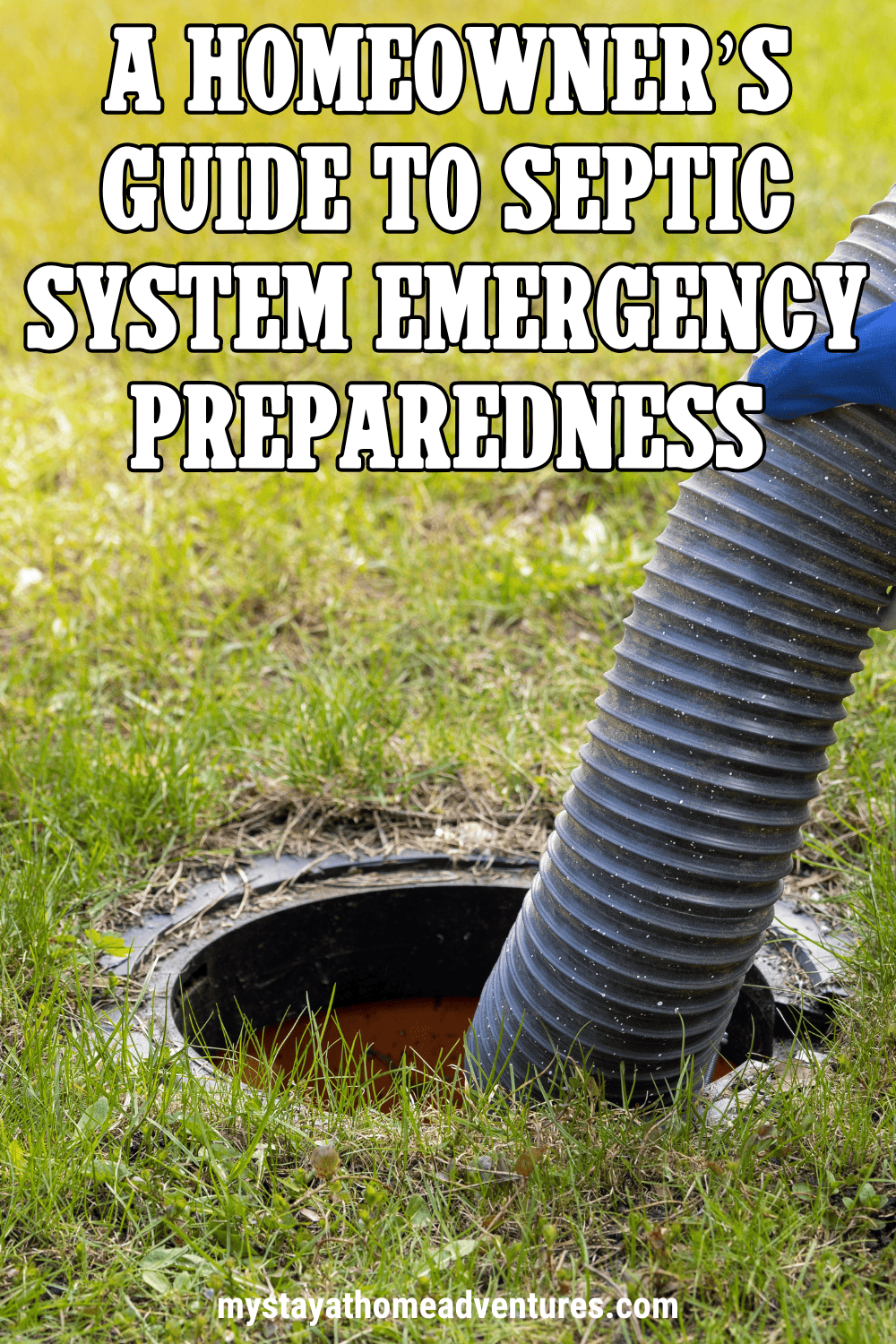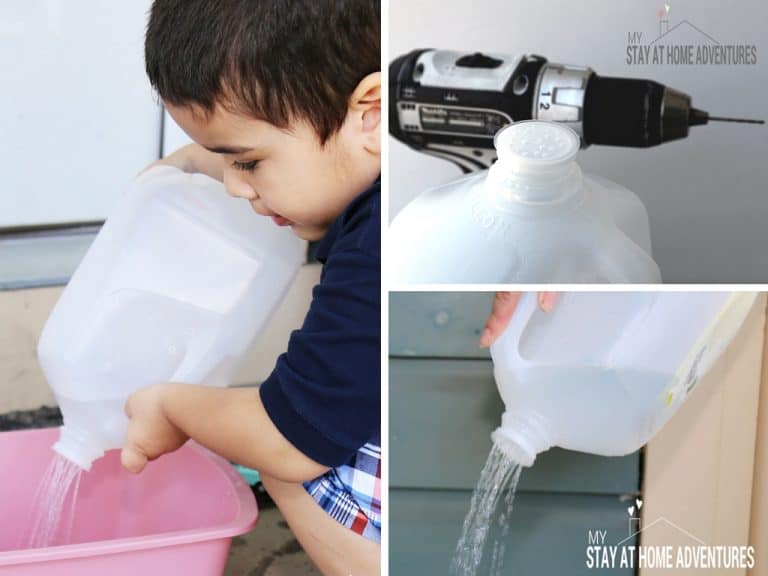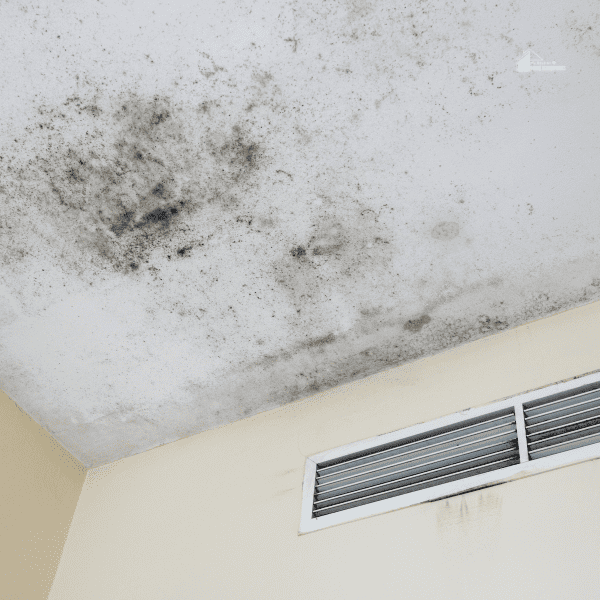A Homeowner’s Guide to Septic System Emergency Preparedness
This post may contain affiliate links which might earn us money. Please read my Disclosure and Privacy policies hereSeptic systems play an essential role in your home's infrastructure by handling wastewater efficiently without much attention required on a daily basis. However, like any system, they can encounter issues. Knowing how to prepare for emergencies can save you a lot of stress, money, and frustration when things go wrong. From power outages to heavy rainfall and system malfunctions, having a preparedness plan can make a world of difference in these situations.
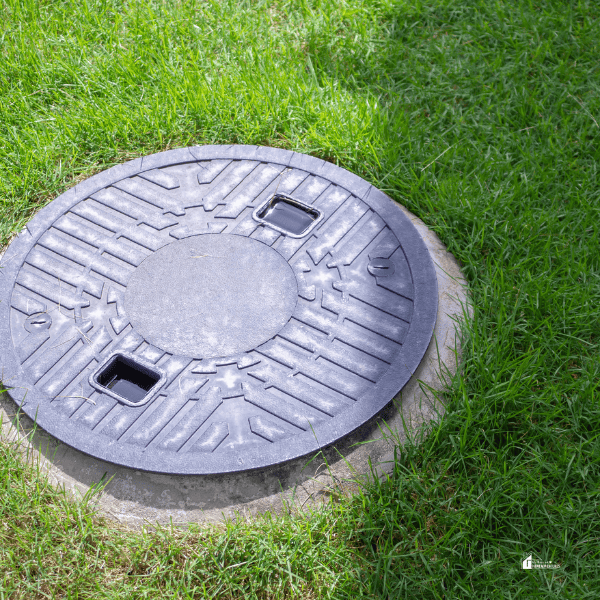
1. Know Your Septic System
The first step in preparing for septic emergencies is understanding your system and its components. Most septic systems consist of a septic tank, drain field, and connecting pipes. If you’re unfamiliar with your system’s layout, it’s a good idea to have a professional perform an inspection.
A local expert like A Aaron Super Rooter can help you map out your system and also assess its condition to get it ready for emergencies. This great septic service near Miami can provide the expertise needed to identify and resolve issues before they become serious problems. Understanding the key parts of your septic system allows you to recognize potential problems quickly.
2. Keep Up With Regular Maintenance
The most effective way to prevent emergencies is through consistent maintenance. Regular inspections and pumpings can help identify small issues before they develop into larger problems. Problems like slow drainage, foul odors, or backups can signal potential trouble. If you notice any of these warning signs, call a trusted service provider immediately.
You should also be proactive about maintenance – especially when expecting heavy rainfall or hurricane conditions or living in a particularly wet climate. Regular maintenance is your best defense against avoidable issues. A system that’s well-maintained is more likely to withstand heavy storms and the stresses that come with seasonal weather changes.
3. Prepare for Power Outages
Power outages can severely affect your septic system, especially if you have an aerobic system, which requires electricity to power aerators and pumps. Without power, your system’s ability to process wastewater can be compromised, leading to backups or inefficient treatment.
For more information about your septic system's needs before, during, and after a power outage, take a look at this resource from the National Environmental Health Association. Understanding how to manage your system during a power outage is key to avoiding an emergency and ensuring your system continues working smoothly.
4. What to Do During a Septic Emergency
If an emergency occurs, it's important to act fast to minimize further damage:
Shut off water: Turn off the water supply to avoid overloading your system.
Minimize flushing and drainage: Avoid flushing toilets or running water down drains to prevent additional strain on the system.
Contact a professional: Call a reliable septic service provider to assess and repair the problem quickly.
Taking immediate action can help reduce the severity of the issue and prevent costly repairs down the line.
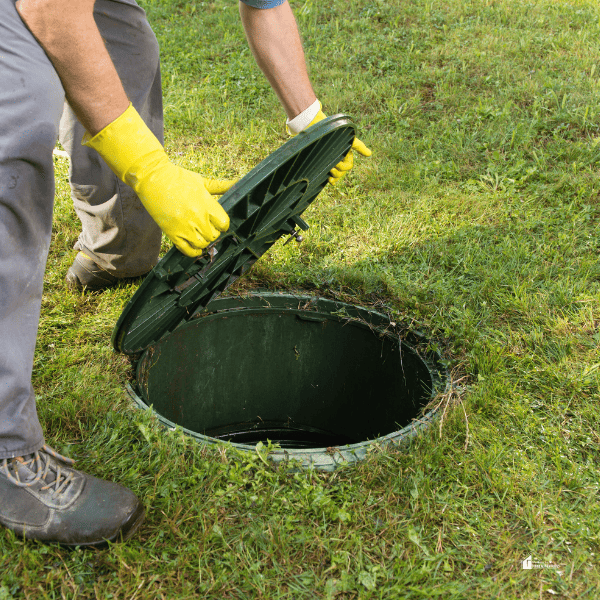
5. Flooding and Your Septic System
If you live in Florida, frequent storms and flooding are a reality. Floodwaters can overwhelm your septic system, damaging both the tank and the drain field. In such situations, you should immediately avoid using your septic system.
Floodwaters introduce contaminants and can cause further damage to your system. Once the floodwaters recede, contact a professional to inspect your system. Flooding can lead to shifts in the tank or damage to the drain field, and a technician will be able to assess the situation and recommend necessary repairs. Immediate action is crucial to protect both your home and the environment from contamination.
6. Having an Emergency Backup Plan
Part of emergency preparedness includes having a backup plan for dealing with septic issues. Your plan should include a list of trusted professionals to contact, a stock of emergency supplies (such as portable toilets and bottled water), and clear steps to follow in case of an emergency. Everyone in the household should be familiar with the plan so the situation can be handled quickly and efficiently. The more prepared you are, the easier it will be to address unexpected issues.
7. Know When to Replace Your System
If your septic system is older or has experienced frequent issues, it may be time for an upgrade. A system that’s 20 years or older may be prone to failure, and a newer system will likely be more efficient, especially if you’re in an area prone to extreme weather events – such as Miami. Work with a professional to assess your system’s condition and determine whether a replacement is necessary.

Get Your Septic System Emergency-Ready
Septic system emergencies can be stressful, but with the right preparation, you can prevent most problems from escalating. Regular maintenance, understanding your system’s layout, preparing for power outages, and having a plan for flooding can help you stay ahead of potential issues.
If you encounter a septic emergency in the Miami area, don’t hesitate to reach out to A Aaron Super Rooter for help. Their team of professionals can provide quick and reliable assistance to get your septic system back in good working order with minimal disruption.

